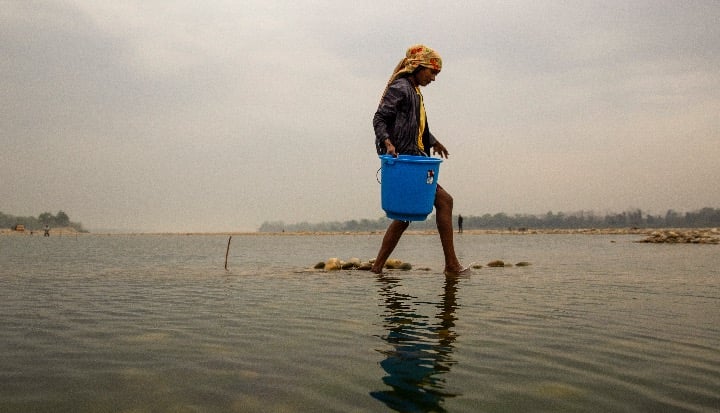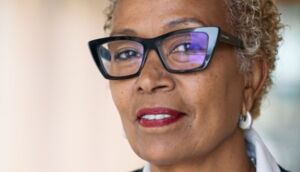Skyrocketing prices and empty shelves have made headlines again this year and a standout factor is the escalating impact of climate change. This is bad for businesses and customers, but worst for the world’s poorest communities who produce food and goods for the local and global economy.
One key issue is ‘Loss and Damage’: the impact of climate change that cannot or has not been avoided, causing irreversible environmental, economic, or cultural loss.
The topic was thrust into the limelight at COP27, thanks to severely climate-impacted states and civil society successfully advocating for the creation of a loss and damage fund. Since then, many businesses have considered what it means for them.
Loss(es) and damage(s) can result from slow onset events, such as sea-level rises, or extreme weather, including droughts, floods, cyclones, wildfires, heatwaves and storms.
The costs of losses and damages are astronomical, estimated at USD 400 billion a year by 2030, rising to USD 1-1.8 trillion a year by 2050 for low-income countries alone.
For businesses, it means interrupted supply chains, unproductive land, less income for producers, and lower quality and quantity. It also critically harms a pillar of the global economy: women in the Global South.
Despite bearing the least responsibility for climate change, women in the Global South experience the worst impacts and the greatest losses and damages, due to inequalities that prevent them from accessing resources and participating in decision making.
In the informal economy, which 740 million women depend on for livelihoods, women can lack social protection, fundamental human rights, access to finance, and land rights. Without ways to cope, many turn to negative coping strategies with dire long-term consequences. Strategies for overcoming loss of income can include dangerous borrowing from informal lenders, selling important assets, and even forced child labour or marriage.
This affects their fundamental rights to life, to health and wellbeing, to food and water, to a decent livelihood, to adequate standards of living and to education.
In Dhaka, Bangladesh, for example, increasing temperatures faced by garment workers leads to heat exhaustion, while sporadic or intense rainfall increases waterborne disease. These present health risks and reduces their ability to partake in the economy.
Critical business infrastructure is also threatened by loss and damage. Vietnam’s Mekong Delta Region is an important garment production area, but 55% of the region’s garment factories are forecast to be flooded due to sea level rises by 2030. This will reduce capacity to produce garments, buyer’s ability to source, and devastate livelihoods.
Historically, when markets were too challenging or cheaper alternatives emerged, buyers sourced elsewhere. This will no longer be an option. For instance, data shows that sourcing markets in China, Bangladesh, and Indonesia face the same issues as the Mekong Delta Region.
It is also a sad reality and injustice that climate change is not experienced equally. Global North markets often have multi-layered strategies that protect producers. However, the scale of loss and damage in the Global South may mean businesses struggle to absorb costs required to adapt, which will only rise as high-risk markets see access to capital restricted and increasing insurance premiums.
However, action can be taken to address loss and damage, secure supply, and safeguard human rights by investing in women.
ActionAid’s research shows that women are best placed to use their knowledge to adapt. In Rwanda, women are turning to agroforestry, using rainwater harvesting and water channelling to address the challenges. Elsewhere women are responding by challenging structural barriers. In Kenya, a feminist academy for climate justice brings together women’s groups, girls and young women to share knowledge about climate change, and forge solidarity.
Likewise, climate activists in Uganda are taking bold actions – leading, mobilising and striking – to underscore why gender equality is crucial to ending the climate crisis. Furthermore, in South Africa, activists have formed a network that puts democratic participation and leadership at the core of solutions to gender inequalities and climate justice.
As companies respond to climate disruption, they should look to women on the frontlines. These critical stakeholders are linchpins of the global economy and are already creating solutions.
Companies can support women’s movements, alongside specialists like ActionAid and policymakers, to identify and implement solutions. This can mitigate future costs to your business and foster a viable economy for everyone.
Contact ActionAid to centre women’s knowledge in your climate strategy.
This article builds on dialogue ActionAid UK held with leading businesses with global supply chains, and finance and insurance companies with exposure to those markets










